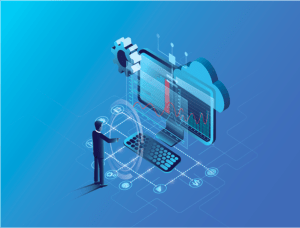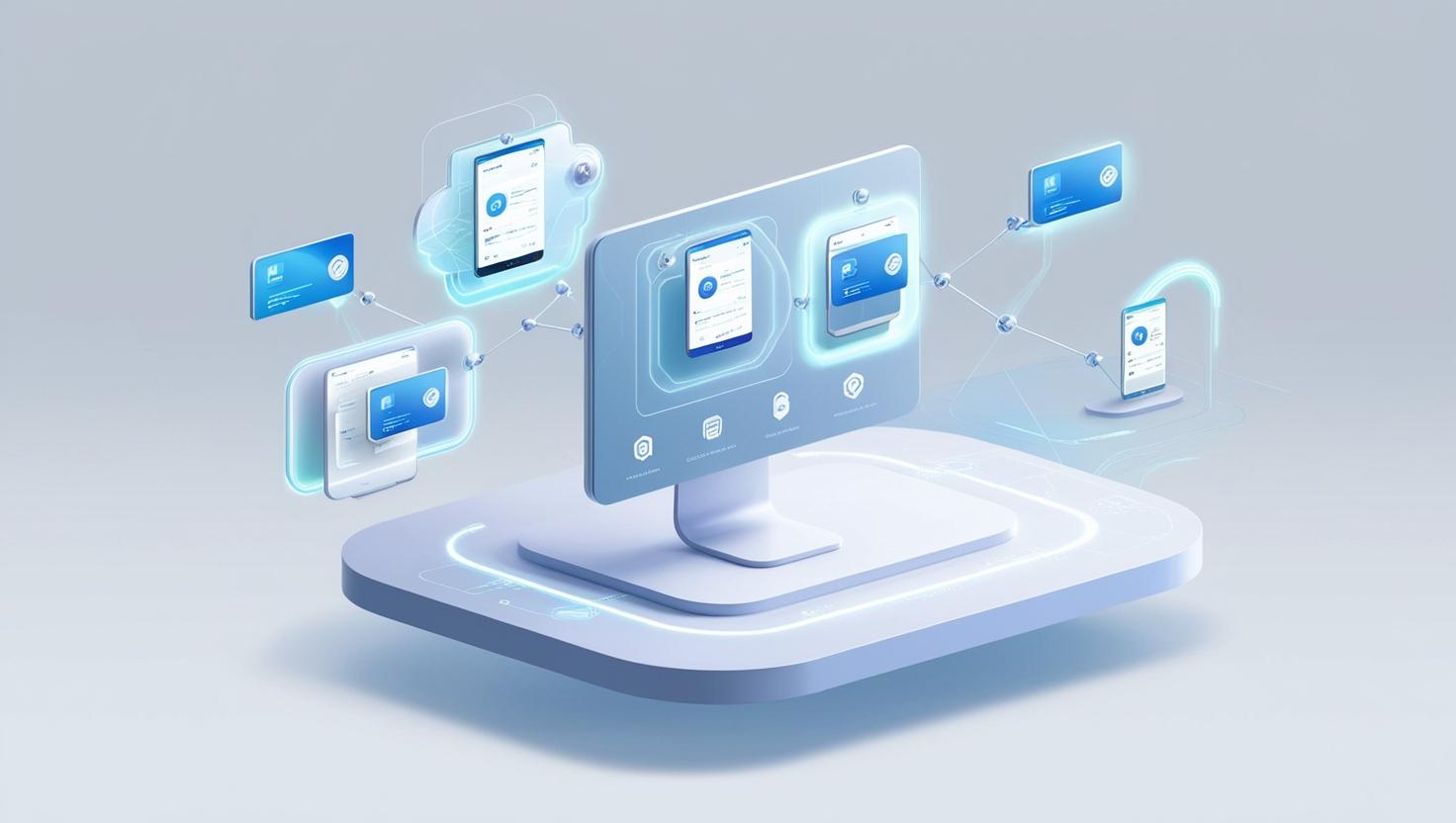Enhancing Healthcare Efficiency: The Power of APIs for Downstream Integration
Introduction
In the rapidly evolving world of healthcare, seamless information exchange and efficient data management are crucial for delivering high-quality patient care. This is where Application Programming Interfaces (APIs) play a significant role. APIs enable the integration of different healthcare systems, facilitating the secure and real-time exchange of data. In this blog, we will delve into the concept of APIs for downstream integration in healthcare, exploring their benefits, challenges, and providing a real-life example to illustrate their practical applications.
Understanding APIs in Healthcare

- What are APIs?
APIs (Application Programming Interfaces) are software intermediaries that allow different applications to communicate and exchange data. In healthcare, APIs act as bridges between diverse systems, enabling interoperability and facilitating data sharing. - Importance of APIs in healthcare:
a. Seamless data integration: APIs enable the integration of disparate healthcare systems, such as electronic health records (EHRs), hospital information systems (HIS), laboratory information systems (LIS), and more, promoting unified data access and exchange.
b. Real-time data sharing: APIs facilitate the secure and instantaneous transfer of data between systems, improving coordination among healthcare providers and enhancing patient care.
c. Improved workflows: APIs streamline clinical workflows by automating data retrieval and entry, reducing manual effort, and minimizing errors.
d. Enhanced patient engagement: APIs empower patients to access and control their health data through consumer-facing applications, fostering active participation in their healthcare journey.
Benefits of APIs for Downstream Integration
- Enhanced data accessibility:
APIs enable authorized healthcare providers to access patient information from various systems, ensuring a comprehensive and up-to-date view of the patient’s medical history, medications, allergies, and test results. This facilitates informed decision-making and improves patient safety. - Interoperability and system integration:
APIs bridge the gap between different healthcare systems, allowing them to exchange data seamlessly. This interoperability ensures that healthcare providers can access relevant patient information without needing to switch between multiple applications or platforms. - Streamlined clinical workflows:
APIs automate data retrieval and entry processes, reducing the burden of manual documentation for healthcare professionals. By integrating systems and making data readily available, APIs simplify clinical workflows and improve efficiency. - Facilitating research and innovation:
APIs open up possibilities for research and innovation by providing researchers with access to anonymized and aggregated health data. This data can be leveraged to gain insights, develop new treatment approaches, and improve population health management.
Real-Life Example: SMART on FHIR

A prime example of APIs revolutionizing healthcare integration is the SMART on FHIR initiative. SMART (Substitutable Medical Applications, Reusable Technologies) is a set of open standards that combine FHIR (Fast Healthcare Interoperability Resources) with modern web technologies to create apps that seamlessly integrate with EHR systems. Let’s explore how SMART on FHIR APIs are transforming healthcare:
- Remote monitoring and patient engagement:
APIs allow patient-generated health data, such as wearable device readings or patient-reported outcomes, to be seamlessly integrated into EHRs. This enables remote monitoring, better chronic disease management, and encourages patients to actively engage in their care. - Clinical decision support:
SMART on FHIR APIs enable third-party applications to integrate clinical decision support tools directly into EHR systems. For instance, an app can provide real-time drug interaction alerts or suggest evidence-based treatment options based on the patient’s health records. - Customized workflows and patient-specific data:
With SMART on FHIR APIs, healthcare providers can customize EHR workflows by integrating specialty-specific apps directly into their systems. This enables the display of patient-specific data and enhances clinical decision-making within the context of specific medical specialties.
Challenges and Considerations

- Privacy and security:
As healthcare data contains sensitive and personal information, maintaining strong security measures and adhering to privacy regulations (e.g., HIPAA) is crucial when implementing APIs. Robust authentication and encryption protocols must be in place to ensure data protection. - Standardization:
Achieving standardized APIs across different healthcare systems remains a challenge. Common data models, semantic interoperability, and adherence to industry standards like FHIR are essential for successful integration and smooth data exchange. - Data governance and consent management:
Proper data governance practices, including explicit patient consent management, are necessary to ensure data privacy and compliance. Establishing transparent policies for data access, sharing, and revocation is vital.
Conclusion
In the evolving landscape of healthcare, APIs hold immense potential for downstream integration, enabling seamless data exchange, enhanced workflows, and improved patient care. Through the real-life example of SMART on FHIR, we have seen how APIs can transform healthcare by empowering patients, supporting clinical decision-making, and promoting innovation. While challenges like privacy and standardization exist, the benefits of API integration in healthcare outweigh the obstacles. With continued advancements and collaborative efforts, APIs will continue to play a pivotal role in driving healthcare efficiency and patient-centered care in the future.
Still Curious? Visit my website to know more!
Checkout my Interviews at “Professionals Unplugged”
For more interesting Blogs Visit- Utkarsh Shukla Author, Utkarsh Shukla Blogs
Add Comment
You must be logged in to post a comment.








